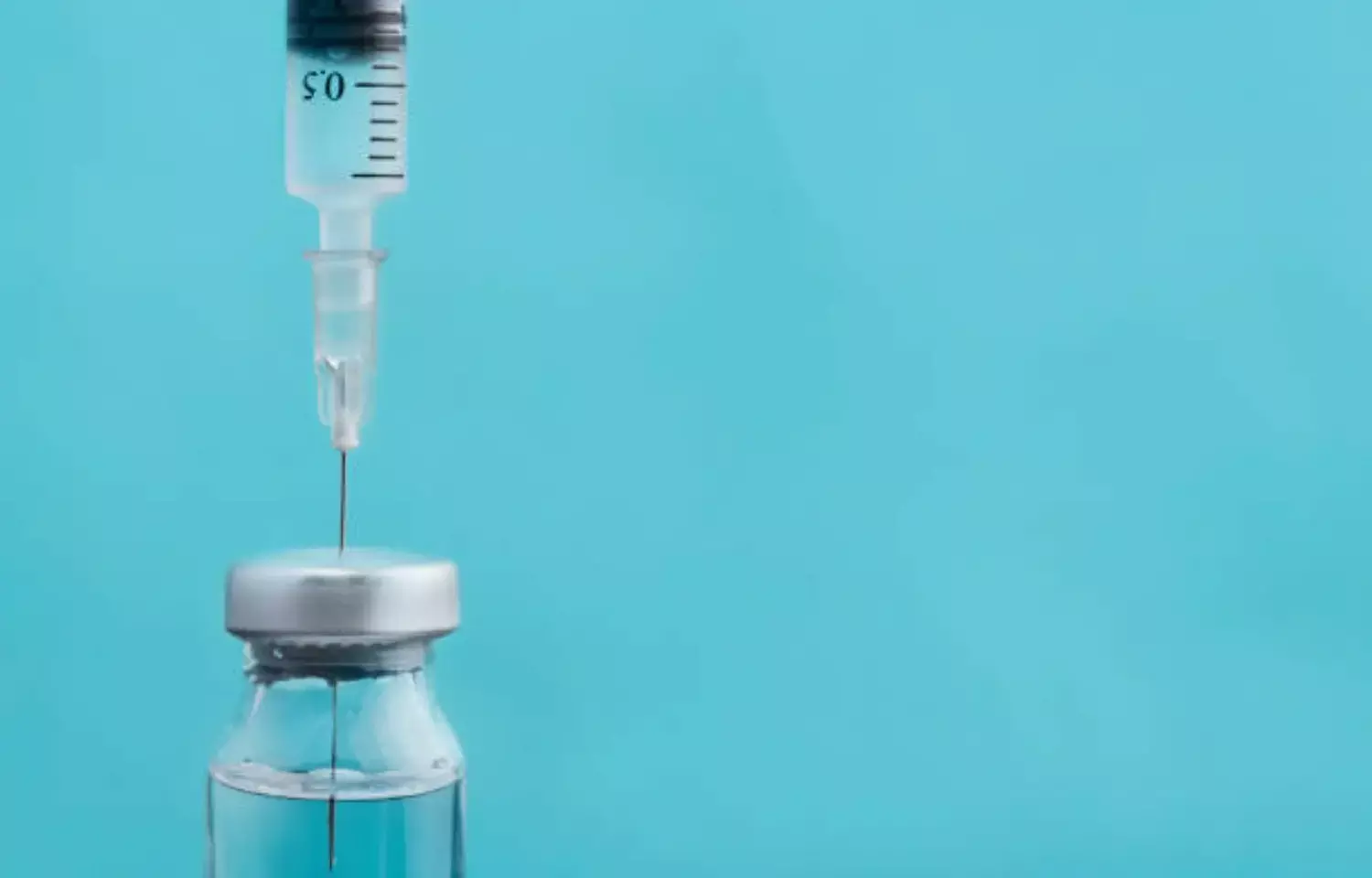- Home
- Medical news & Guidelines
- Anesthesiology
- Cardiology and CTVS
- Critical Care
- Dentistry
- Dermatology
- Diabetes and Endocrinology
- ENT
- Gastroenterology
- Medicine
- Nephrology
- Neurology
- Obstretics-Gynaecology
- Oncology
- Ophthalmology
- Orthopaedics
- Pediatrics-Neonatology
- Psychiatry
- Pulmonology
- Radiology
- Surgery
- Urology
- Laboratory Medicine
- Diet
- Nursing
- Paramedical
- Physiotherapy
- Health news
- Fact Check
- Bone Health Fact Check
- Brain Health Fact Check
- Cancer Related Fact Check
- Child Care Fact Check
- Dental and oral health fact check
- Diabetes and metabolic health fact check
- Diet and Nutrition Fact Check
- Eye and ENT Care Fact Check
- Fitness fact check
- Gut health fact check
- Heart health fact check
- Kidney health fact check
- Medical education fact check
- Men's health fact check
- Respiratory fact check
- Skin and hair care fact check
- Vaccine and Immunization fact check
- Women's health fact check
- AYUSH
- State News
- Andaman and Nicobar Islands
- Andhra Pradesh
- Arunachal Pradesh
- Assam
- Bihar
- Chandigarh
- Chattisgarh
- Dadra and Nagar Haveli
- Daman and Diu
- Delhi
- Goa
- Gujarat
- Haryana
- Himachal Pradesh
- Jammu & Kashmir
- Jharkhand
- Karnataka
- Kerala
- Ladakh
- Lakshadweep
- Madhya Pradesh
- Maharashtra
- Manipur
- Meghalaya
- Mizoram
- Nagaland
- Odisha
- Puducherry
- Punjab
- Rajasthan
- Sikkim
- Tamil Nadu
- Telangana
- Tripura
- Uttar Pradesh
- Uttrakhand
- West Bengal
- Medical Education
- Industry
The SARS-CoV-2 vaccine provides cross-protection to the unvaccinated: Study

Along with vaccinated individuals, the SARS-CoV-2 vaccine also protects the unvaccinated people within the locality, according to a study published in the Nature Medicine journal.
COVID-19 is a disease caused by a novel strain of coronavirus, named SARS-COV-2. In COVID-19 'CO' refers to Corona, 'VI' for the virus, and 'D' for disease. Formerly, this disorder was also referred to as '2019 novel coronavirus' or '2019-nCoV.' In the year 2021, many countries worldwide developed vaccines against the SARS-COV-2 virus and have conducted mass vaccinations in their respective countries.
A ton of recent studies have put forth the significance of mass vaccination in controlling the spread of the deadly COVID-19 virus, by providing the necessary protection to the people receiving either one or two doses of the vaccine. Also, a study has pointed out the effectiveness of the BNT162b vaccine from Pfizer–BioNTech in preventing not only the vaccinated but also the non-vaccinated in the community. However, it is not possible to observe this putative effect, especially during the highly fluctuating spatiotemporal epidemic changes.
An observational study was conducted by Milman O et. al wherein they evaluated the complete vaccination records as well as test results that were obtained during the mass vaccine program within a pretty large population.
Following which they found that from over 177 geographically defined localities, the number of vaccines administered within each community was strongly linked with a substantial later reduction in the positivity rate among a cohort of participants belonging to the under 16 age group, who were not vaccinated.
For every 20 percentage points of people who received vaccination in any define region/locality/ community, the COVID-19 positivity rate within the unvaccinated population decreased approximately twice the number.
Thus, the researchers concluded through substantial observational proof, SARS-COV2 vaccination not only protects people who have received the doses but also provides cross-protection to unvaccinated people within the community.
Reference:
A study titled, "Community-level evidence for SARS-CoV-2 vaccine protection of unvaccinated individuals" by Milman O et. al published in the Nature Medicine journal.
DOI: 10.1038/s41591-021-01407-5
Dr. Shravani Dali has completed her BDS from Pravara institute of medical sciences, loni. Following which she extensively worked in the healthcare sector for 2+ years. She has been actively involved in writing blogs in field of health and wellness. Currently she is pursuing her Masters of public health-health administration from Tata institute of social sciences. She can be contacted at editorial@medicaldialogues.in.
Dr Kamal Kant Kohli-MBBS, DTCD- a chest specialist with more than 30 years of practice and a flair for writing clinical articles, Dr Kamal Kant Kohli joined Medical Dialogues as a Chief Editor of Medical News. Besides writing articles, as an editor, he proofreads and verifies all the medical content published on Medical Dialogues including those coming from journals, studies,medical conferences,guidelines etc. Email: drkohli@medicaldialogues.in. Contact no. 011-43720751


